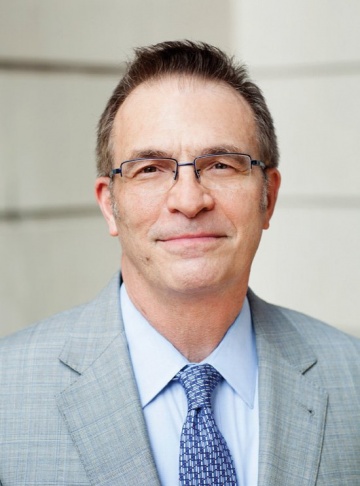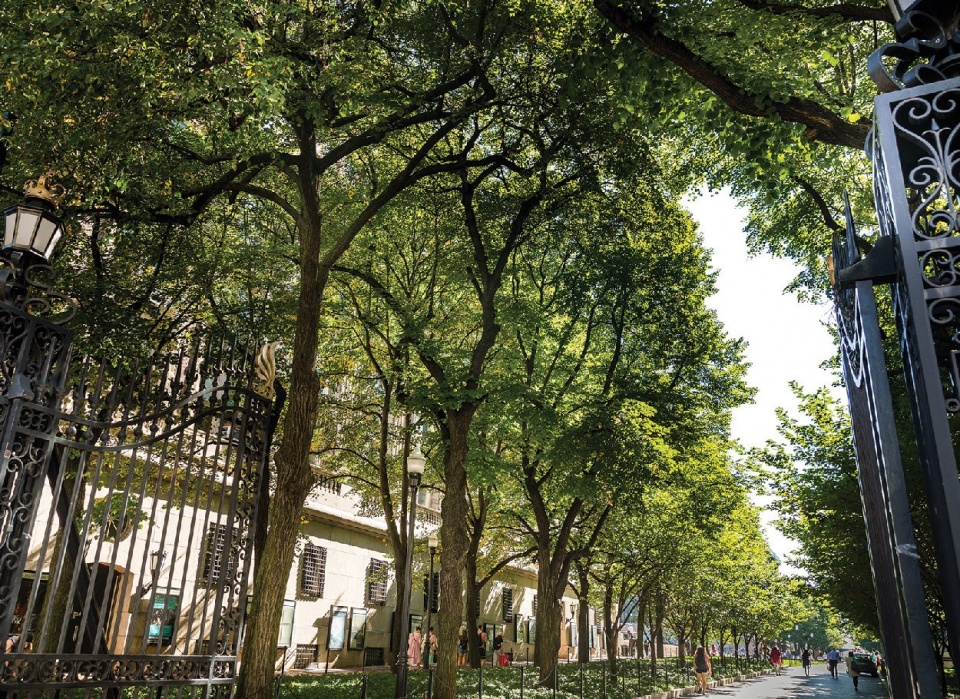Columbia College | Columbia University in the City of New York
An Optimistic Return to Campus

MATTHEW SEPTIMUS
As I write the verb “return,” I realize that while it is an accurate word for the time — as we indeed are coming back to both a place, our campus, and a set of activities, the education of our students — “return” does not convey what this fall really means for us. That is because we all carry an experience of disruption that will change how we think about our campus and our education. The aphorism “It is impossible to step in the same river twice,” frequently attributed to the pre-Socratic philosopher Heraclitus, comes to mind as a wonderfully evocative metaphor for our “return.” How I think about our College and the experiences our students will have within it has been altered from what I thought when writing my dean’s letter for CCT ’s Fall 2019 issue.

Scott Rudd
I spent a lot of time during the pandemic thinking about the meaning of Heraclitus’s river analogy as it pertains to Columbia College. I would sit on the bank of the Ho-Ho-Kus Brook, just a few steps from my house, which has been my office during much of the last 18 months, and watch the ever-changing water flow by; sometimes I even waded into it. And while I have “returned” the Dean’s Office to Hamilton Hall, I still think about the flowing water in that brook.
As I begin my 11th year as dean, and my 32nd as a Columbia faculty member, I have been thinking about the flow of students through our college, the thousands I have taught, advised, written letters of recommendation for or just chatted with over the years. This issue of CCT has particular meaning for me in that regard. One of the feature stories is about Sam Sternberg ’07, a biochemistry major who graduated during the time I chaired the chemistry department. Sam was a remarkable student in the classroom and in the lab, and an engaging interlocutor outside those scientific spaces. There is a particular pleasure for me in seeing him, the successful academic researcher, in these pages, and thinking back to seeing him in Havemeyer as a student.
For all of us who are faculty members, experiences like this inspire pride in what we do at the College. And no matter how things might continue to change, we know that we will always draw encouragement and satisfaction from seeing our students develop into successful and unique citizens. Roar, Lion(s), Roar!

James J. Valentini
Dean
Issue Contents
Published three times a year by Columbia College for alumni, students, faculty, parents and friends.
Columbia Alumni Center
622 W. 113th St., MC 4530, 6th Fl.
New York, NY 10025
212-851-7852
cct@columbia.edu
Columbia Alumni Center
622 W. 113th St., MC 4530, 4th Fl.
New York, NY 10025
212-851-7488
ccalumni@columbia.edu

